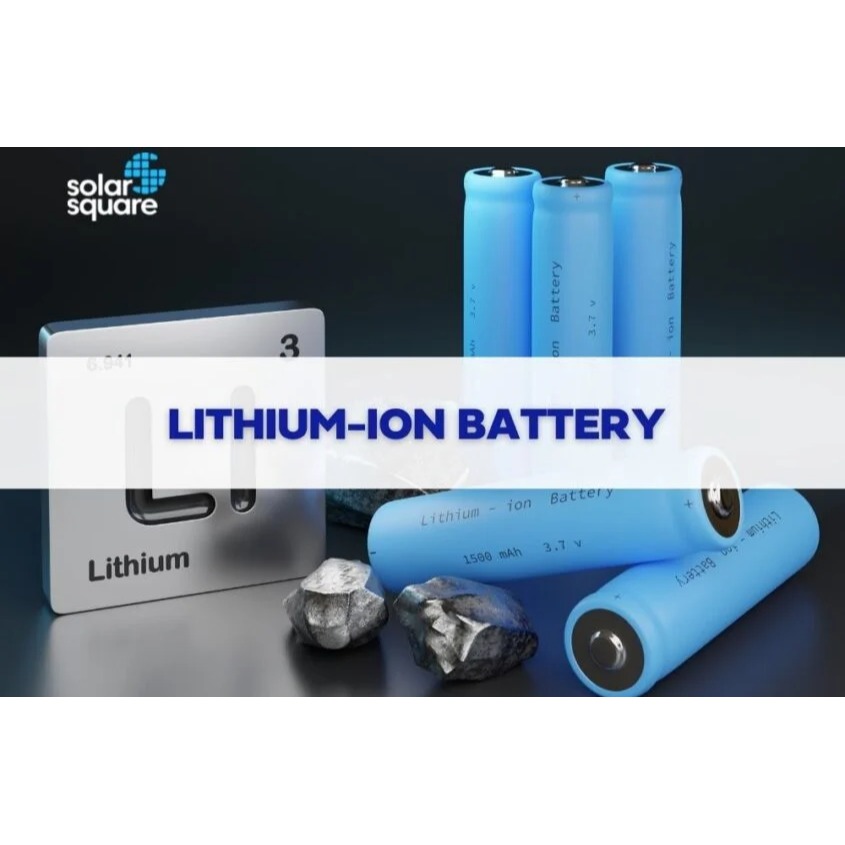Lithium-Ion Batteries Lithium-ion batteries are a type of rechargeable battery that is widely used in portable electronics, electric vehicles, and renewable energy systems. They are known for their high energy density, long cycle life, and relatively low self-discharge rate. Advantages: High energy density: Lithium-ion batteries pack a lot of power relative to their size and weight. Long cycle life: They can be charged and discharged many times without losing their capacity. Low self-discharge: They lose their charge relatively slowly when not in use. Disadvantages: Flammability: Lithium-ion batteries can be prone to overheating and catching fire if damaged or improperly charged. Cost: They are relatively expensive compared to other types of batteries. Environmental impact: The mining of lithium and other materials used in their production can have negative environmental effects. Applications: Portable electronics (smartphones, laptops, tablets) Electric vehicles (cars, buses, scooters) Renewable energy systems (solar, wind) Medical devices (pacemakers, implantable cardioverter-defibrillators) Current Research and Development: Solid-state electrolytes to replace the liquid electrolyte and improve safety and energy density. Lithium-air batteries that use air as the oxidizer to increase energy density. Sodium-ion batteries as a potentially more cost-effective and sustainable alternative.

This is your website preview.
Currently it only shows your basic business info. Start adding relevant business details such as description, images and products or services to gain your customers attention by using Boost 360 android app / iOS App / web portal.


Submit Your Enquiry